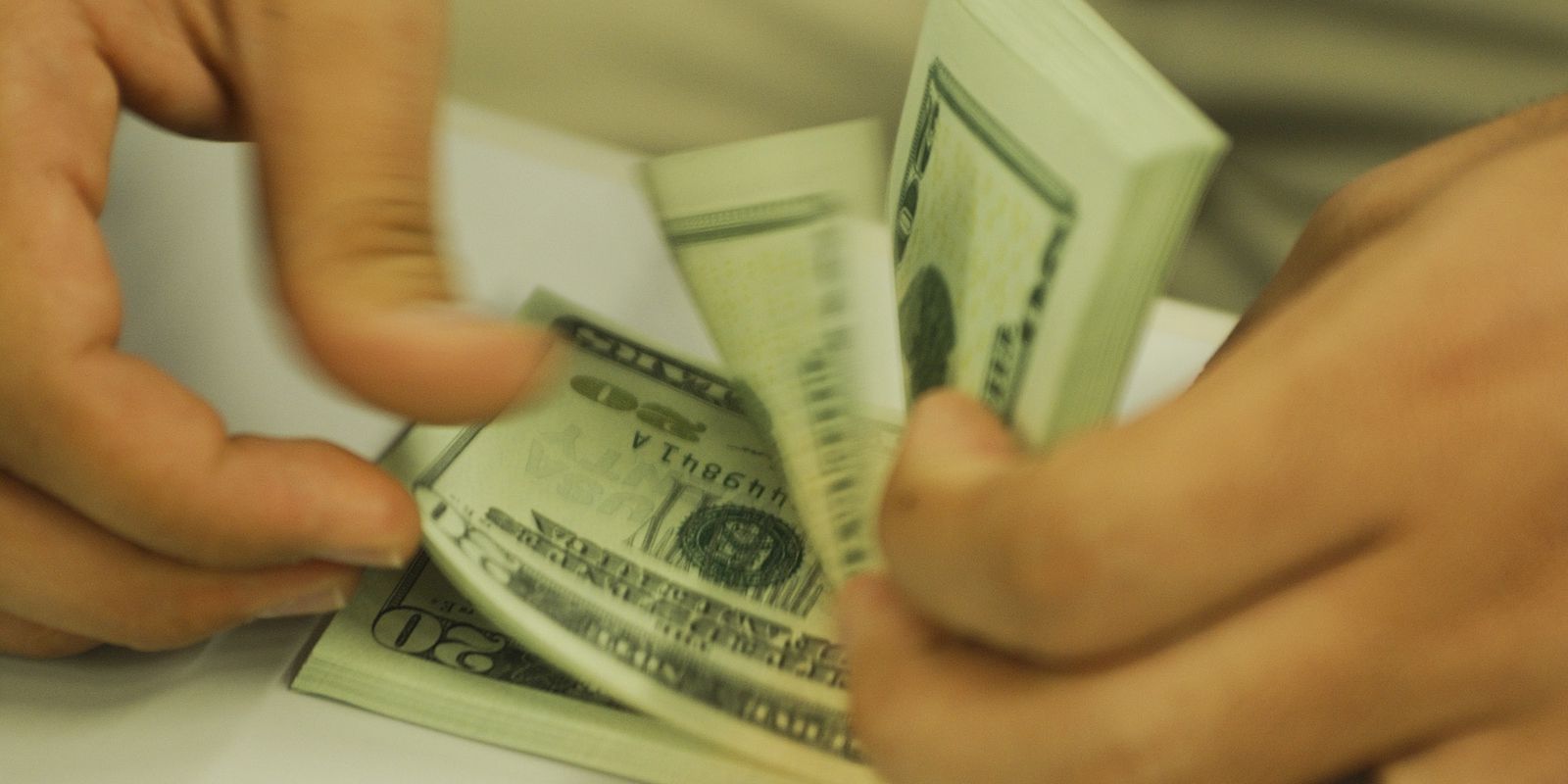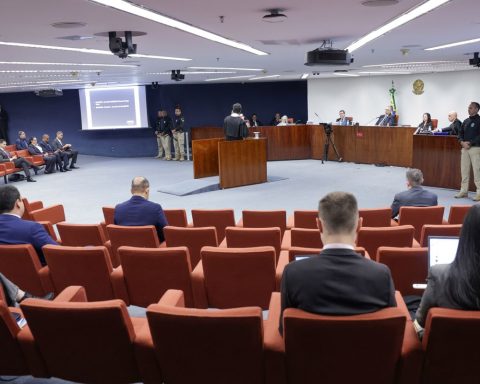On a day of few negotiations, the performance of the Central Bank (BC) weighed heavily and made the dollar close practically stable and having the third consecutive day of decline. The truce was not repeated on the stock exchange, which had losses for the second consecutive day.
The commercial dollar ended this Thursday (23) sold at R$ 5.663, with a small drop of 0.08%. The price started the day on a high, reaching R$ 5.71 around 12:00. Then, the BC held two auctions for the direct sale of dollars from international reserves, which injected US$ 965 million into the market and held the US currency.
In recent weeks, the BC has intervened in the exchange rate to reduce the volatility caused by the remittance of company profits abroad, which influence the price, especially on days with little trading. The dollar ends the week with a drop of 0.37%. The currency accumulates an increase of 0.47% in December and an appreciation of 9.09% in 2021.
In the stock market, tensions remained. The B3 Ibovespa index ended Thursday with a drop of 0.33%, at 104,891 points. The indicator rose in the first few minutes of trading, but lost strength during the morning, without being able to keep up with the advance on the international stock exchanges.
The Ibovespa closed the penultimate week of the year with a loss of 2.15%. The index accumulates a drop of 11.87% in 2021.
On Thursday, the concern of international markets with the advancement of the Ômicron variant of the new coronavirus continued to diminish. This is due to the dissemination of studies according to which the variant has a low rate of hospitalization compared to previous variants. In addition, the approval of two pills for moderate and severe patients by the US regulatory agency reduced pessimism about the evolution of the pandemic.
In Brazil, investors echoed the disclosure that the IPCA-15 index, which serves as a preview of official inflation, closed 2021 at 10.42%, at the highest level since 2015.
The index reduced expectations that the Central Bank will ease the readjustments of the Selic rate (basic interest rate for the economy) in 2022. Higher interest rates discourage investments in riskier markets, such as the stock exchange.
*With information from Reuters.
















